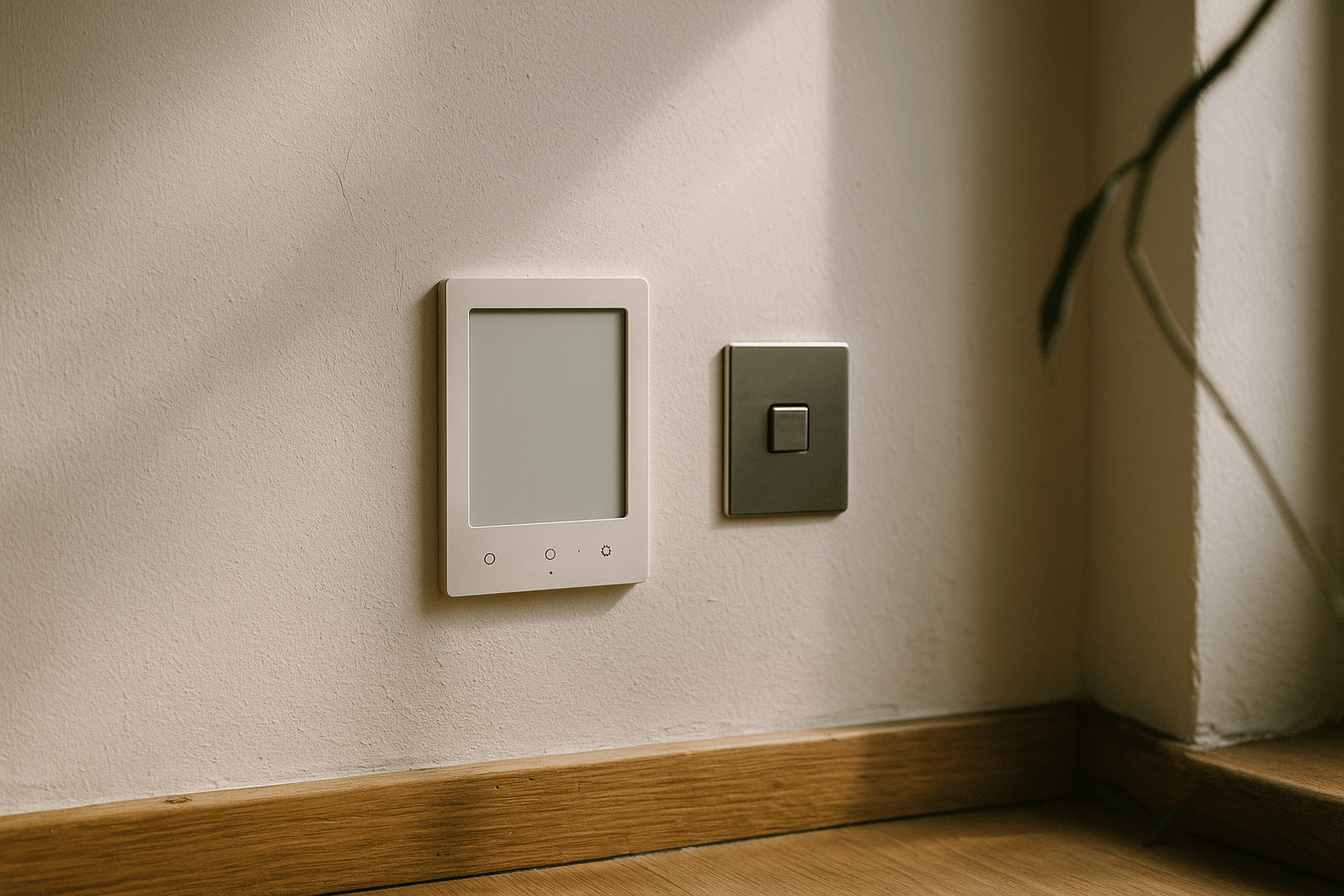
Modern Apartment Living
Introduction to Modern Apartment Living
In recent years, modern apartments have become increasingly popular due to their stylish designs and efficient use of space. This trend reflects a growing preference for urban living, where convenience and aesthetics are highly valued. Modern apartments often boast open layouts, sleek finishes, and smart technology integration, making them an attractive choice for many city dwellers. This article explores various aspects of modern apartment living, providing insights into its design, functionality, and appeal.
Design and Aesthetics
Modern apartments are characterized by their clean lines, minimalist design, and attention to detail. These spaces often incorporate elements such as large windows, high ceilings, and open floor plans to create a sense of spaciousness and light. The use of neutral color palettes with pops of bold colors can add personality while maintaining a sophisticated look.
Finishes such as stainless steel appliances, quartz countertops, and hardwood flooring are commonly found in modern apartments, contributing to their sleek and contemporary feel. Additionally, the incorporation of natural materials like wood and stone can provide warmth and texture, balancing the modern aesthetic with a touch of nature.
- Open floor plans for flexibility and flow
- Neutral color schemes with bold accents
- High-quality finishes and materials
By focusing on design and aesthetics, modern apartments offer a visually appealing living environment that reflects the tastes and preferences of contemporary urban residents.
Functionality and Space Utilization
One of the key features of modern apartments is their efficient use of space. With urban areas becoming more densely populated, maximizing available space is crucial. Modern apartments achieve this through creative solutions such as multifunctional furniture, built-in storage, and smart layout designs.
For instance, a small apartment might include a sofa that converts into a bed, or a dining table that folds away when not in use. Built-in storage solutions, such as floor-to-ceiling cabinetry or under-bed drawers, help to keep the living area clutter-free while providing ample storage space.
- Multifunctional furniture for versatility
- Built-in storage to minimize clutter
- Smart layouts to maximize space
These functional design elements enable residents to enjoy a comfortable and organized living environment, even in smaller spaces.
Technology Integration
The integration of technology in modern apartments is another significant aspect that enhances the living experience. Smart home devices, such as smart thermostats, lighting systems, and security features, provide convenience and energy efficiency.
Residents can control various aspects of their living environment through smartphone apps or voice-activated assistants, offering greater flexibility and customization. For example, programmable thermostats allow for precise temperature control, while smart lighting systems enable residents to adjust lighting settings to suit their mood or activity.
- Smart thermostats for energy efficiency
- Voice-activated assistants for convenience
- Advanced security features for peace of mind
By incorporating technology, modern apartments offer a connected and efficient living experience that aligns with the lifestyle of tech-savvy individuals.
Community and Amenities
Modern apartment buildings often come with a range of amenities that enhance the overall living experience. These amenities can include fitness centers, swimming pools, rooftop gardens, and communal lounges, providing residents with opportunities to socialize and relax.
Additionally, modern apartments are typically located in urban areas with easy access to public transportation, shopping, dining, and entertainment options. This convenience is a major draw for those seeking a vibrant and connected lifestyle.
- On-site fitness centers and pools
- Rooftop gardens and communal spaces
- Proximity to urban amenities
The emphasis on community and amenities in modern apartment living fosters a sense of belonging and enhances the quality of life for residents.
Conclusion: Embracing Modern Apartment Living
Modern apartment living offers a unique blend of style, functionality, and convenience, making it an appealing choice for urban dwellers. With thoughtful design, efficient space utilization, technological integration, and a focus on community, modern apartments provide a holistic living experience that caters to the needs and preferences of contemporary residents.
As urbanization continues to rise, the demand for modern apartments is likely to grow, reflecting a shift towards living spaces that are not only aesthetically pleasing but also practical and connected. For those seeking a dynamic and fulfilling lifestyle, modern apartment living presents an exciting and viable option.


